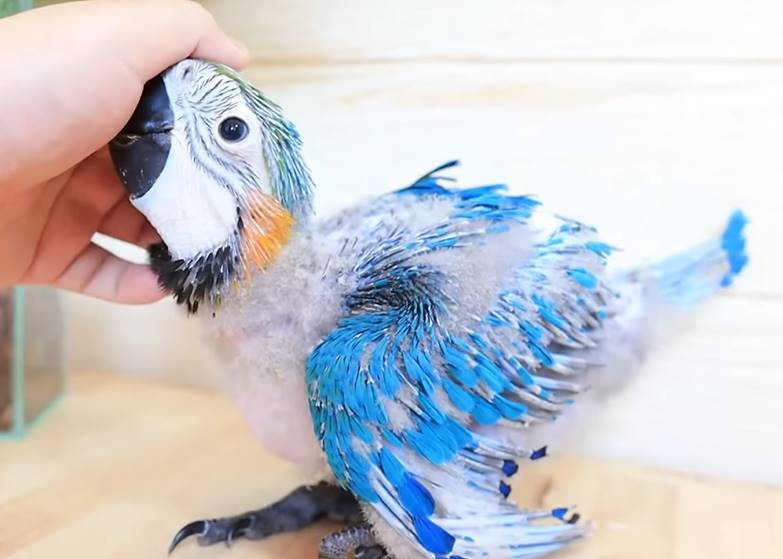

Baby macaws are one of the most beautiful and intelligent birds in the world. They are known for their vibrant colors, playful personalities, and their ability to mimic human speech.
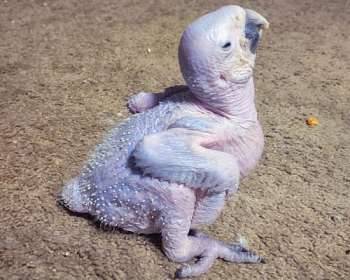
If you are lucky enough to have a baby macaw, you may be wondering how they grow up from the hatch until their eyes open. In this article, we will explore the different stages of a baby macaw’s growth and development.
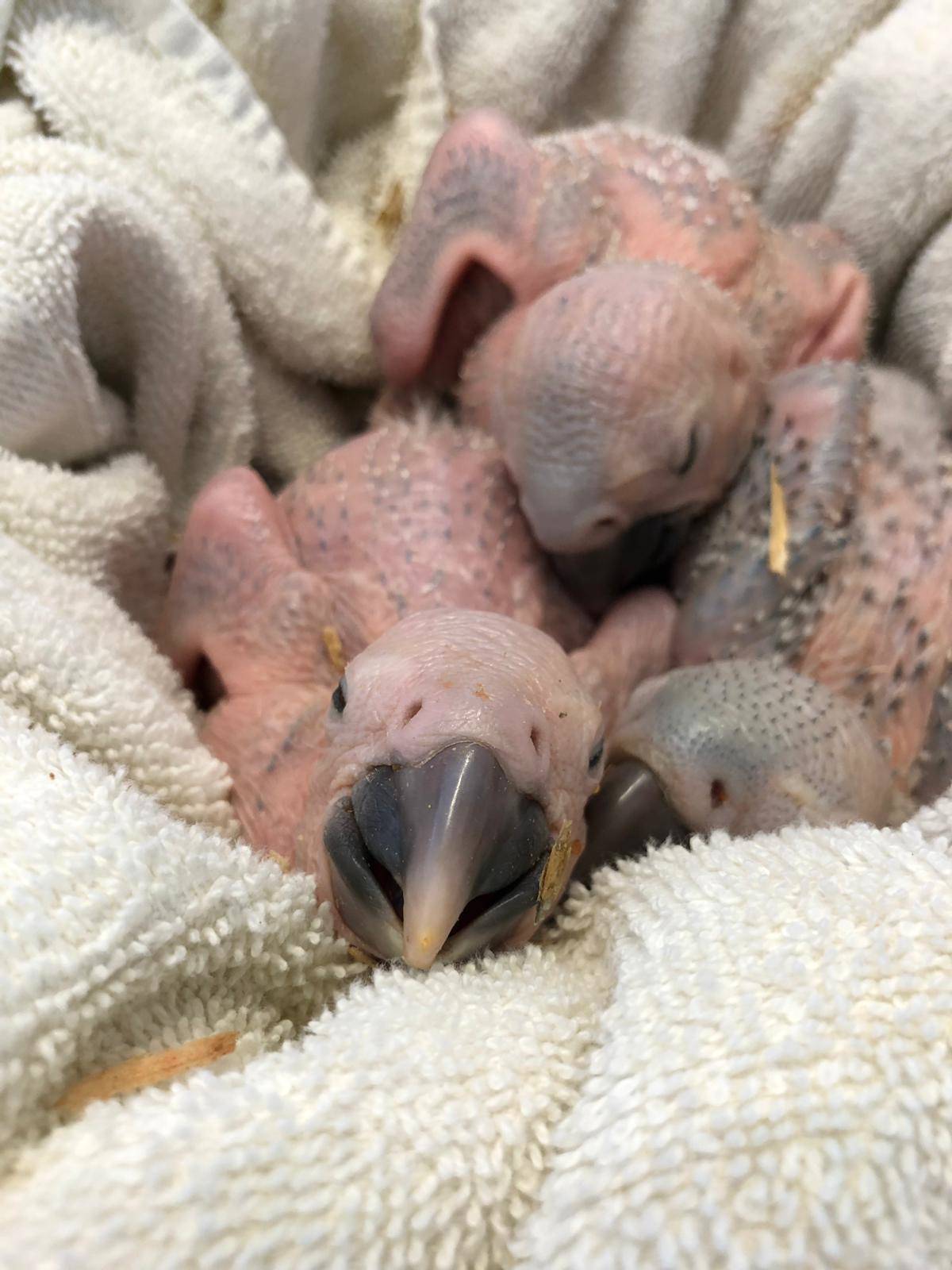
Hatching
The first stage of a baby macaw’s life is hatching. Macaw eggs typically take around 24-28 days to hatch. During this time, the mother macaw will sit on the eggs to keep them warm and protect them from predators. Once the eggs hatch, the baby macaws will emerge from their shells.
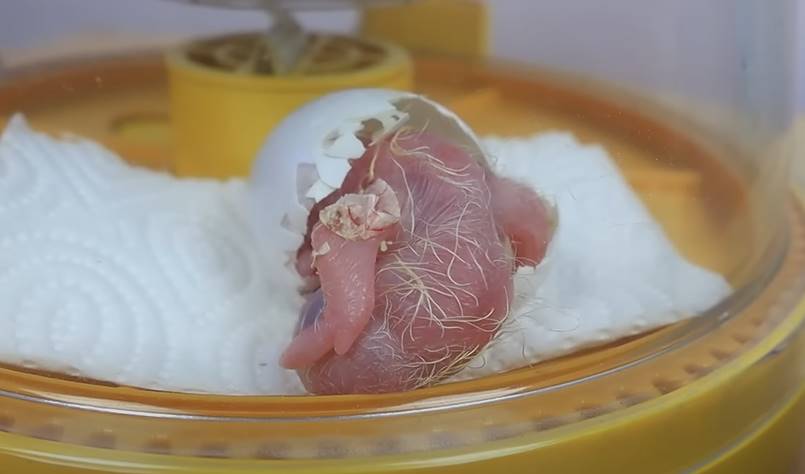
Newborn Stage
When a baby macaw first hatches, it is blind, naked, and helpless. It relies on its parents for warmth, food, and protection.
The baby macaw will spend most of its time sleeping and eating during this stage. It will also start to grow feathers, which will eventually replace its downy fluff.
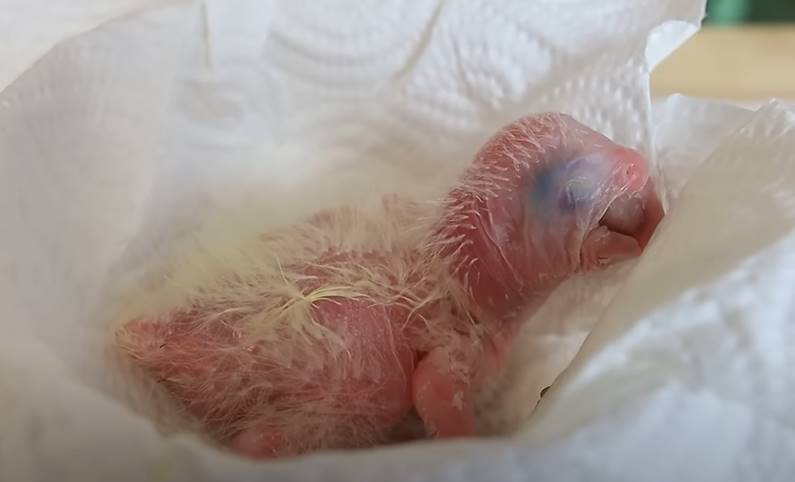
Feather Growth
As the baby macaw grows, its feathers will start to grow in. The feathers will start as small, fluffy tufts and gradually grow longer and more colorful.
The feathers will also help the baby macaw regulate its body temperature and protect it from the elements.
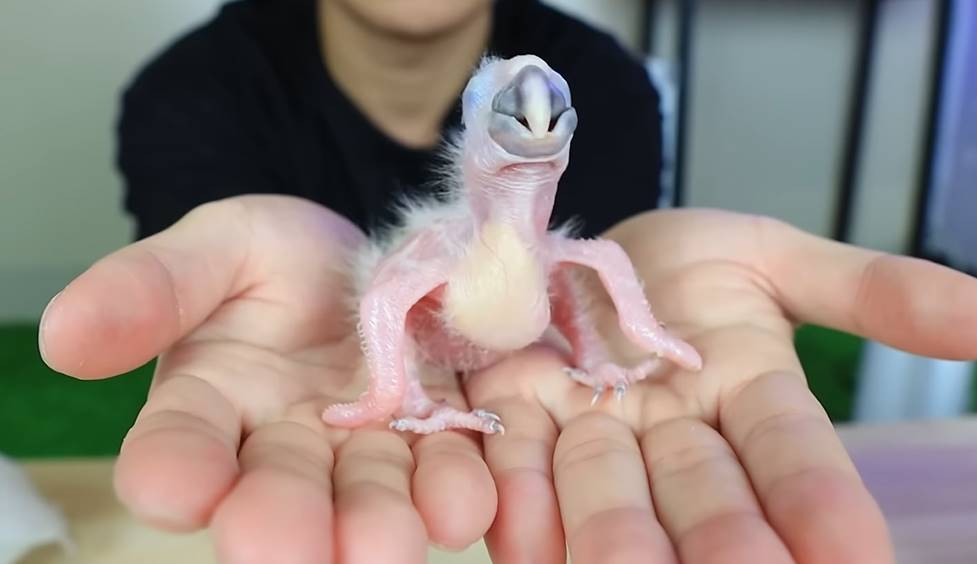
Eyes Opening
Around 2-3 weeks after hatching, the baby macaw’s eyes will start to open. At first, the eyes will be cloudy and unfocused, but they will gradually clear up over the next few days.
Once the baby macaw’s eyes are fully open, it will start to explore its surroundings and become more active.
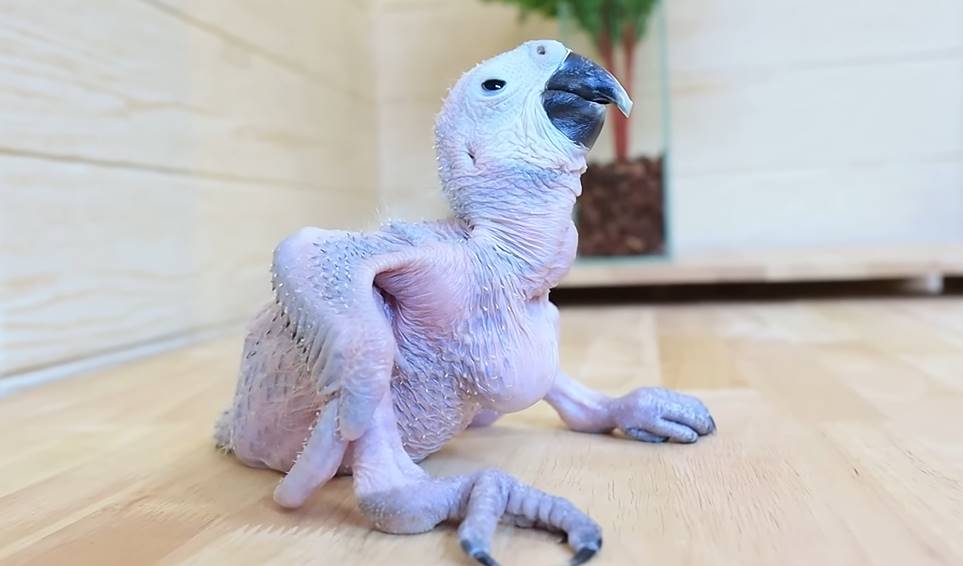
Weaning
Around 3-4 months after hatching, the baby macaw will start to wean off its parents’ milk and start eating solid food.
This is an important stage in the baby macaw’s development, as it will learn how to feed itself and become more independent.
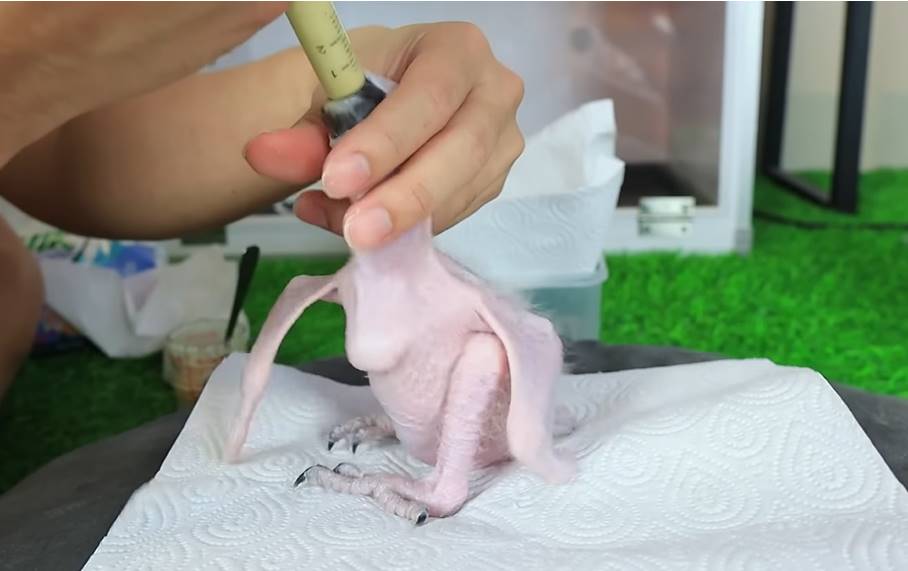
Fledging
Around 3-4 months after hatching, the baby macaw will start to fledge, or learn how to fly. This is an exciting time for both the baby macaw and its owners, as the bird will start to explore its surroundings and become more active.
